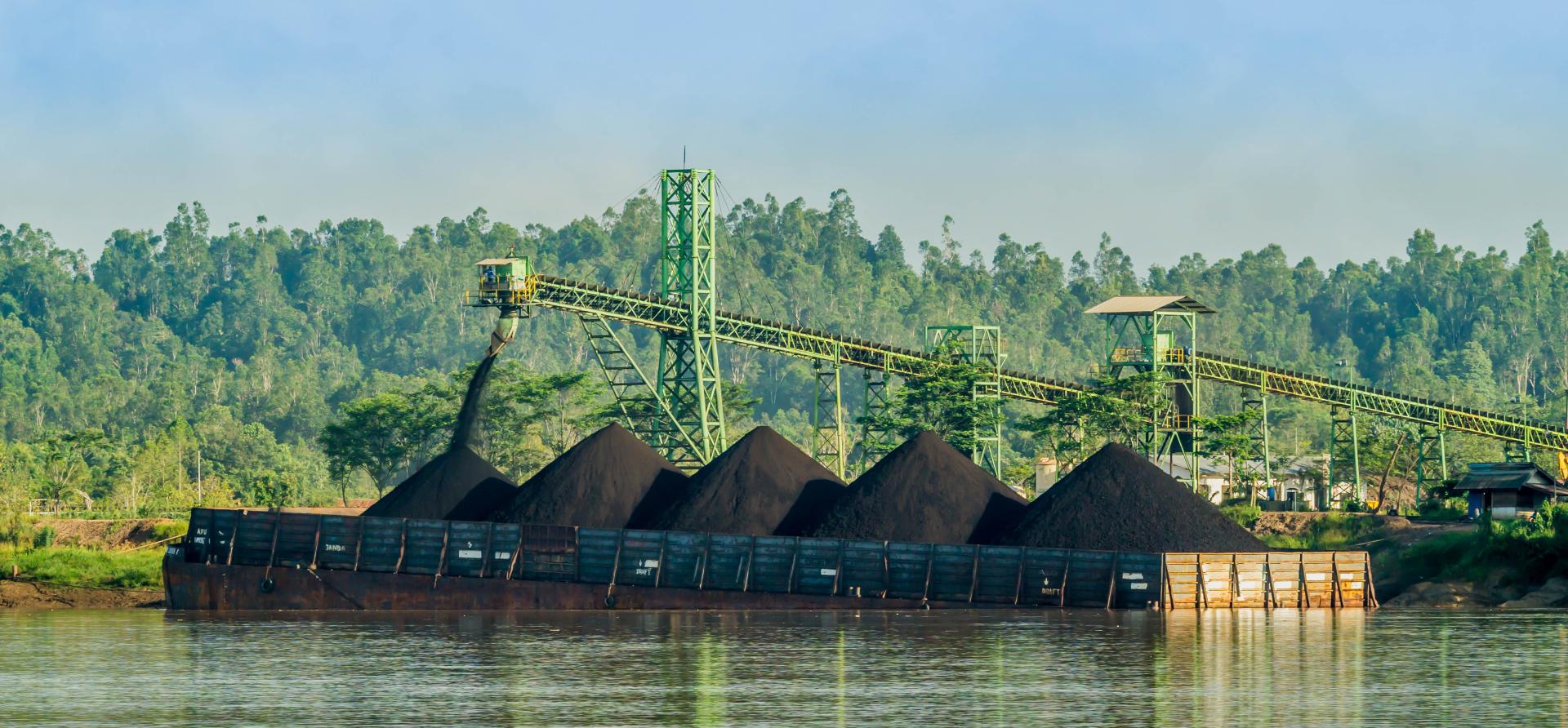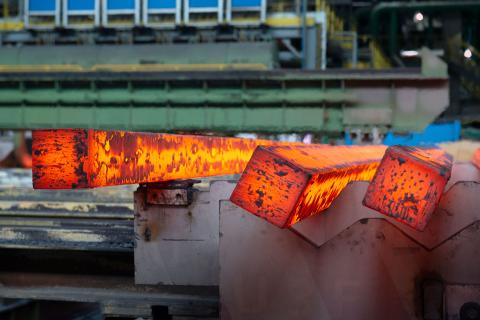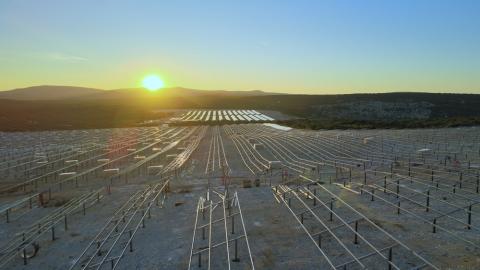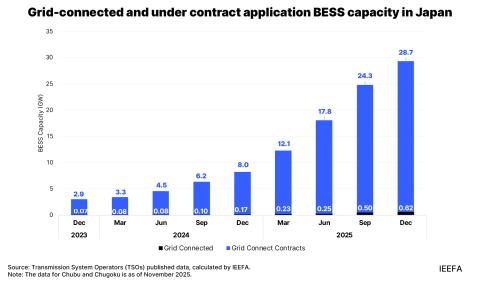Indonesia's coal companies: Some diversify, others expand capacity
Download Full Report
View Press Release

Key Findings
Indonesian coal companies earned record profits in 2022 followed by healthy results in 2023. Five of the seven companies analyzed have opted to invest in non-coal businesses; two are acquiring or building more capacity.
Bayan Resources and Geo Energy could boost coal capacity by a combined 58 million tonnes (mt).
Adaro is investing in aluminum and renewables along with up to 2.2 gigawatts (GW) of coal capacity. PTBA has just commissioned its 1.32GW coal power plant.
The expansion of coal capacity can support up to 21GW of planned captive coal power, potentially adding 53mt of CO2 emissions and threatening Indonesia’s ability to meet its decarbonization targets under the Paris Climate Agreement.
Executive Summary
Indonesian coal producers saw record profits in 2022 and continued to see strong earnings in 2023, driven by surging global coal prices following international restrictions on imports of coal from Russia due to its invasion of Ukraine. IEEFA examined the figures of seven major listed Indonesian coal producers that have disclosed financial and production data to understand how these profits are being deployed.
Together, the seven companies produced a total of 217 million tonnes (mt) of output in 2023, accounting for an estimated 27% of Indonesia’s total coal production of 775.2mt. These companies – Adaro Energy, Bayan Resources, Geo Energy Resources, Harum Energy, Indika Energy, Indo Tambangraya Megah (ITMG) and PT Bukit Asam Tbk (PTBA) – reported record profits of US$8.4 billion in 2022 and a robust US$4.4 billion for 2023.
After record profits, coal capacity expansion looms large:
|
IEEFA's analysis finds that five of the seven companies are investing in diversification into non-coal businesses, such as aluminum (Adaro) and nickel smelting (Harum Energy). Meanwhile, Bayan Resources and Geo Energy Resources have plans to expand their coal operations by up to 58mt, which would add the equivalent of 27% to the seven companies’ combined 2023 sales of 217mt.
Bayan has secured a US$200 million loan from Bank Permata and US$200 million from Bank Mandiri. The company plans to increase capacity to 80mt from its 2023 output of 48mt.
Geo Energy is acquiring a coal capacity of 25mt for US$200 million. The company has secured a US$220 million loan from Bank Mandiri.
The expansion of 58mt of coal output could support 21 gigawatts (GW) of planned captive coal plants, potentially adding 53mt of CO2 emissions to Indonesia's total. While these companies are making some renewable energy investments, their metal smelting and coal expansion investments will contribute to the development of captive coal plants.
Due to their carbon intensity, captive coal plants operated by industrial consumers could hinder the climate commitments outlined in the US$20 billion Just Energy Transition Partnership (JETP). The Government of Indonesia, through its Nationally Determined Contributions under the Paris Agreement, has committed to reducing CO2 emissions by 32% unconditionally by 2030. It is unclear how these new private sector investments in coal will help the country achieve its legally binding goals in time.















